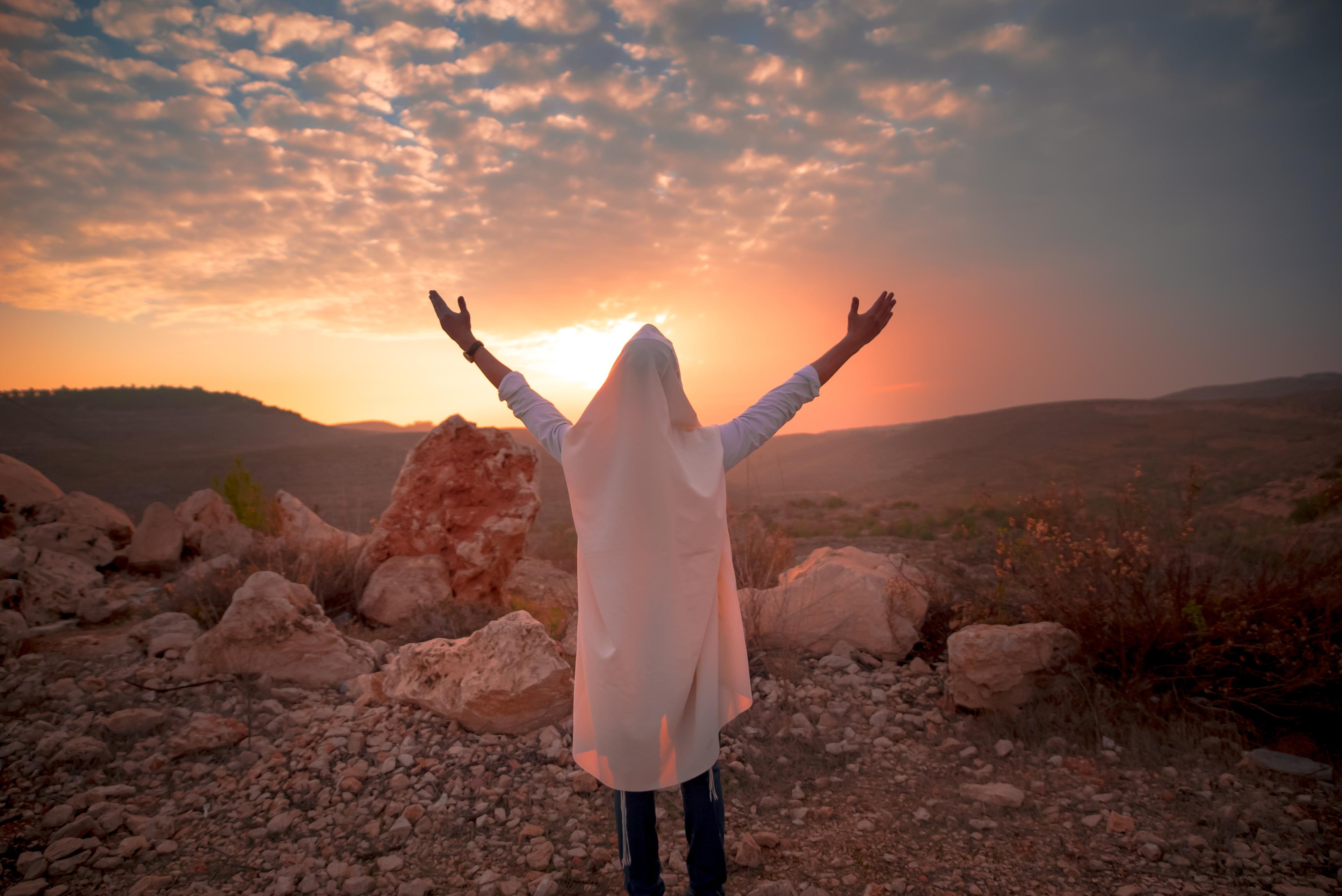The Illusion of Divine Debt
OPINION: G-d doesn't owe you anything
When we believe that Hashem owes us the gifts He has graciously given, it's easy to get angry when they are taken away. But that's missing the point.

When we say the Elokai Neshamah prayer every morning during Shachrit, we acknowledge that Hashem has given us our soul (neshamah) for a limited amount of time, and that at some point He will take it away. But if we were truly cognisant of this, we would be trembling with fear (under our beds) and we wouldn't be able to function. So we live with a kind of cognitive dissonance, hoping that day will never come to us or any of the people we love.
We also walk through life carrying an invisible ledger of expectations. We tally up our good deeds, our prayers, our moments of kindness and faith, as if building credit with the divine. We whisper to ourselves, "I've been good. I've been faithful. I've done what was asked of me." And somewhere in our hearts, we believe this means we are owed something in return.
But the universe carries no such ledger.
The harsh truth is that G-d doesn't operate on a system of debts and payments. The very notion that the Divine would owe us anything – our health, our loved ones, even our next breath – stems from a fundamentally human misunderstanding of our place in creation. We are not cosmic creditors waiting to collect on divine IOUs.
When tragedy strikes, we often hear people ask, "What did I do to deserve this?" But this question itself reveals our deep-seated belief in a transactional relationship with the divine. The more profound question might be: What made us believe we were guaranteed immunity from life's hardest blows in the first place?
Our children are not on loan to us from a divine lending service. Our friends are not collateral in a cosmic contract. Our health is not a reward for good behavior. These are gifts – profound, precious, and terrifyingly temporary. And like all gifts, they come with no guarantees, no warranties, no promises of permanence.
This may seem cruel. It may feel like a betrayal of faith. But perhaps our anger stems not from G-d's failure to fulfill obligations, but from our own misconception that such obligations existed at all. Perhaps true faith lies not in believing we are owed anything, but in finding the strength to love and live fully despite knowing how fragile it all is.
When we lose someone we love – especially in ways that feel senseless and brutal – our pain is valid. Our anger is valid. But directing that anger at G-d for failing to protect what we believed we were owed misses a fundamental truth: every moment we had with them was already more than we were owed. Every shared laugh, every embrace, every simple moment of their existence in our lives was already an unearned gift.
This doesn't make the loss easier to bear. It doesn't justify the cruelty of how they were taken. It doesn't fill the void left behind. But it might help us direct our energy away from the futile pursuit of divine justice or cosmic debt collection, and toward honoring what we had while we had it.
The truth is, we walk through life balanced on the knife-edge of incredible privilege and devastating vulnerability. We are owed nothing, guaranteed nothing, promised nothing. And yet, we are given so much – moments of joy, connections of love, breaths of life itself. Our task is not to demand more, but to live fully in the awareness of how precious and precarious it all is.
This is not a comforting message. It offers no easy solace. But perhaps in accepting that we are owed nothing, we can better appreciate everything we have, everything we had, and everything we might yet receive – not as payments due, but as gifts beyond measure.
This is dedicated to the memory of Zamir Pinchas Burke HY'D, who was murdered in Gaza when Hamas terrorists shot an RPG at him. May his neshamah have an aliyah and may his memory be a blessing.